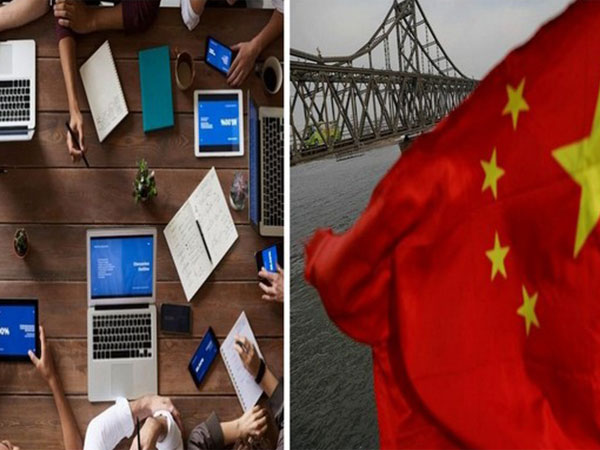HP's Strategic Shift: Moving PC Production Out of China
HP plans to relocate more than half of its PC production from China and establish a backup design hub in Singapore to mitigate geopolitical risks. This shift, which targets moving 70% of notebook production outside China, signals a significant change in the company's supply chain strategy.

- Country:
- China
America's leading PC maker, HP, is set to relocate over half of its computer production away from China, according to a report by Nikkei Asia. The move also includes plans to establish a 'backup' design hub in Singapore, aiming to mitigate geopolitical risks involving China and Taiwan.
This significant shift, considered HP's most aggressive strategy yet, involves reconfiguring its supply chains to reduce dependence on Asia's largest economy. Currently, HP manufactures its PCs in China and is in discussion with suppliers about this major transition.
According to sources cited by Nikkei Asia, HP aims to achieve this target within the next two to three years. One source revealed that HP plans to produce 70% of its notebooks outside China, with Thailand as a probable new base for production.
Five of HP's suppliers are already building new manufacturing units and warehouses in Thailand. Two of these suppliers have been expanding their capacity since early this year at HP's request. 'HP is betting big on building a production hub in Thailand,' said one executive in HP's supply chain.
Another executive from a different supplier welcomed the move, noting that increased orders from HP have kept their Thailand facilities quite busy. In 2023, HP shipped around 52 million PCs. The company's pivot away from China marks a departure from its longstanding reliance on China-based manufacturing.
Many American companies have begun moving operations out of China due to ongoing geopolitical tensions and COVID-related disruptions. Tech giants like Dell, Apple, and Microsoft have also shifted parts of their production to Southeast Asia, reallocating marketing resources to local markets.
A tech analyst suggested that producing AI-capable PCs in China could be risky if Washington tightens export controls on high-powered chips. For instance, Intel is currently prohibited from shipping its Core Ultra 9 AI chips to Huawei, highlighting the potential challenges of maintaining supply chain continuity.
(With inputs from agencies.)
ALSO READ
India Joins US-led 'Pax Silica' for Advancing AI and Minerals Supply Chain
India Joins Pax Silica, Paving the Way for Secure AI Supply Chains
India Joins Pax Silica, Strengthening AI and Supply Chain Security
From Vision to Reality: Japan and Singapore Cities to Rise in Greater Noida
Indian-Origin Man Jailed for Outraging Woman's Modesty in Singapore










